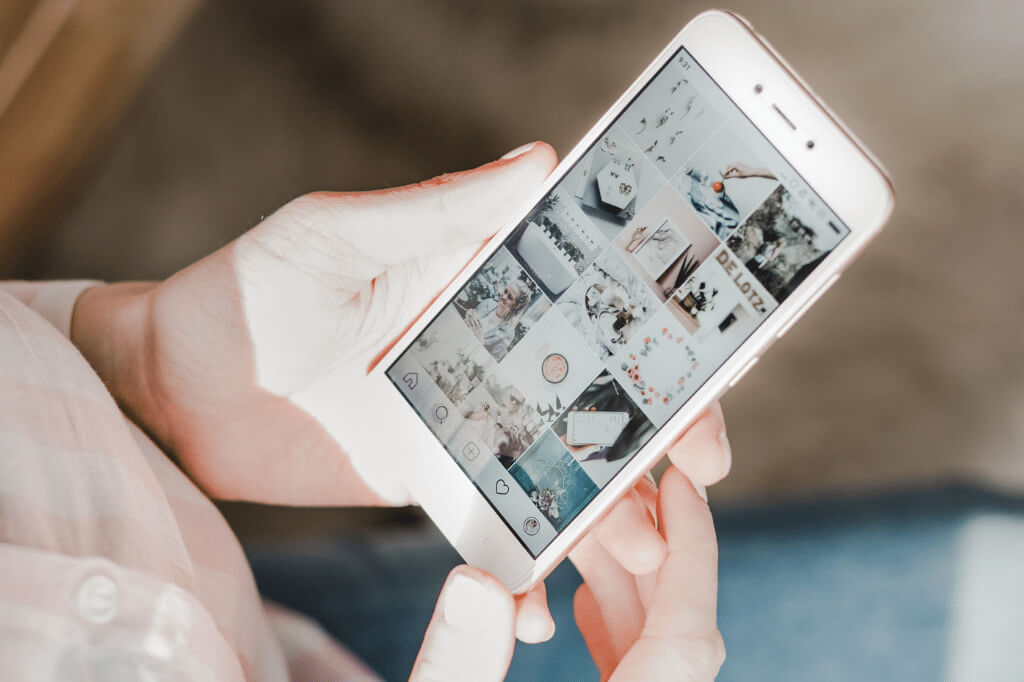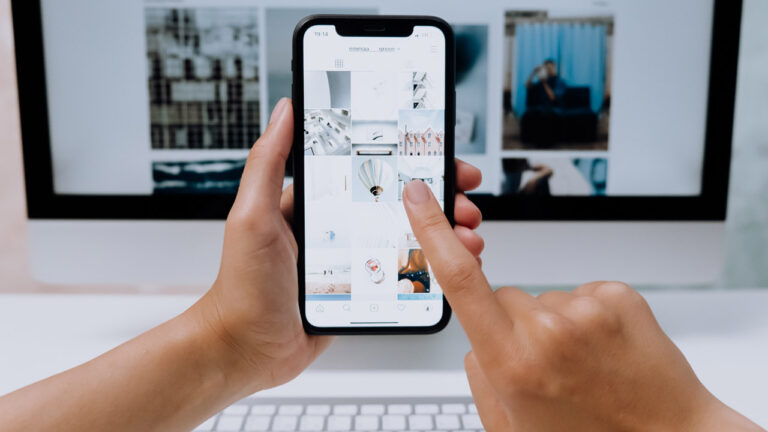In today\’s world of social media, Instagram likes have become a powerful symbol of validation. With the rise in popularity of Instagram, users are increasingly looking for recognition from others through the number of likes they receive.
But what does it mean to get more Instagram likes? This article will explore the psychology behind why people seek out and value social validation on Instagram, and how this phenomenon can shape our behavior online. From understanding the power dynamics at play between users to examining why we find certain types of posts more engaging than others, this article will delve into the psychological implications that come along with a simple click — or lack thereof — on a post.
The Psychology Behind Instagram Likes: Exploring Social Validation
The power of Instagram likes and social validation is a fascinating psychological study. When it comes to human interactions, the way we interact with others on social media platforms can have an immense effect on our self-esteem and happiness.
Likes are a tangible form of approval that many people rely upon for validation and reassurance. Through this article, we will explore the psychology behind why humans crave these digital affirmations and how they influence our behavior online.
The idea of “social capital” plays an important role in understanding the value placed on Instagram likes. Social capital is essentially based on what you get from your network—whether it be access to information or resources—and how much utility these connections provide to us as individuals or groups.
The more popular someone is through their sheer number of followers, posts, and likes, the more likely they can gain access to certain networks which can lead them down paths previously unavailable due to lack of capital. Furthermore, when one receives positive feedback in any form – whether physical or digital – endorphins (the body\’s natural feel-good hormones) are released into the brain creating feelings of joy and satisfaction that reinforce desired behaviors such as posting content often looking for likes.
In other words, likes act similarly as rewards do during operant conditioning experiments where animals learn quickly when given treats after performing tasks correctly; except instead of food rewards we are being rewarded by receiving praise from each individual like received throughout our daily lives on Instagram! In conclusion, while there may be some drawbacks associated with overvaluing social media validation such as comparison anxiety among peers or fear of missing out (FOMO), it is undeniable that there is great psychological importance placed upon this type of interaction within today\’s society – making Instagram liking habits an interesting topic worth exploring further!
Uncovering the Impact of Positive Feedback on Mental Health

The power of positive feedback can have a profound impact on mental health, and Instagram is one platform that demonstrates this. With its ability to instantly reward users with likes for their posts, Instagram provides an invaluable source of validation and support.
Research has shown that people who receive more likes on their social media content tend to experience improved moods and enhanced self-esteem. Studies also suggest that the effects are greater when these positive comments come from people we know or admire, as opposed to strangers or bots.
By understanding how powerful social validation can be in promoting mental well-being, Instagram users may be able to improve their overall psychological health by actively seeking out more meaningful interactions through the platform’s features such as commenting and direct messaging. By improving our connectivity with others online, we can help reduce feelings of loneliness while gaining emotional support from our peers – both of which lead to increased happiness levels and better mental health outcomes overall.
Understanding How Our Brains Process Social Reception from Online Interactions
With the rise of social media platforms, it has become increasingly important to understand the ways our brains process social reception from online interactions. While these new forms of communication give us access to a larger network than ever before, they can also produce psychological effects that require further investigation.
To better comprehend how we respond to likes on Instagram and other similar platforms, it is essential to look at the underlying psychology behind this phenomenon. Social validation plays an integral role in motivating people\’s behavior as well as reinforcing existing beliefs and values.
Receiving recognition for content shared online often gives individuals a sense of accomplishment or pride which can be highly rewarding. Furthermore, small details such as several likes received can easily influence views and opinions held by others regarding our posts.
Given its potential implications for communication styles and personal identity formation, understanding how we process social reception from online interactions is paramount in today\’s digital age. Our brains are constantly interpreting messages sent through technology-mediated channels while trying to make sense of them to create meaning; thus providing insight into why certain behaviors may arise when engaging with different types of media networks.
Ultimately, when we take into account the emotional responses elicited by engaging with various forms of virtual communication such as Instagram “likes”, there is much more at stake than initially meets the eye – making research on this subject all the more pertinent moving forward!
Examining the Connection Between Self-Esteem and Digital Approval

In recent years, the power of digital approval has become an increasingly relevant topic. Specifically, the connection between self-esteem and social validation on Instagram has been widely discussed.
Many users now rely heavily on likes to measure their worth and acceptance in society. But what are the implications of this dependency? By examining the psychology of Instagram likes and understanding how they can impact self-esteem, we gain valuable insight into how people today view themselves about others.
This phenomenon is not exclusive to Instagram; it exists across all forms of social media, where people strive for external validation from strangers or acquaintances alike. Those who seek out such approval often base their sense of self-worth on these reactions—or lack thereof—which can lead to a variety of psychological issues ranging from low self-confidence to anxiety disorders.
On one hand, receiving positive feedback via likes can be beneficial by providing reassurance that someone else enjoys our content; however, conversely, if our posts don’t receive many interactions it can have a detrimental effect on our mental wellbeing as we interpret this as disapproval from those around us. It is therefore important to remember that online ‘likes’ should not be used as a barometer for measuring one\’s success or worthiness in life; rather they should simply be seen as minor compliments which come and go with no real bearing on our day-to-day lives or overall happiness.
Ultimately these only give us fleeting moments of happiness before fading away into insignificance over time so learning how best to manage them will help us keep a better perspective about ourselves moving forward
Conclusion
The psychological power of Instagram Likes and the need for social validation is undeniable. People use this platform to measure their self-worth, which can be damaging if not managed correctly.
People must understand the effects of these likes on their mental health and how they can manage it properly. One way to do this is by buying Instagram Likes kaufen so that you are in control of your security and happiness without relying solely on external validation from others. The key takeaway from this article is understanding the powerful implications that come with likes on Instagram, both good and bad; managing them wisely will help ensure a healthy outlook for yourself in the future.


